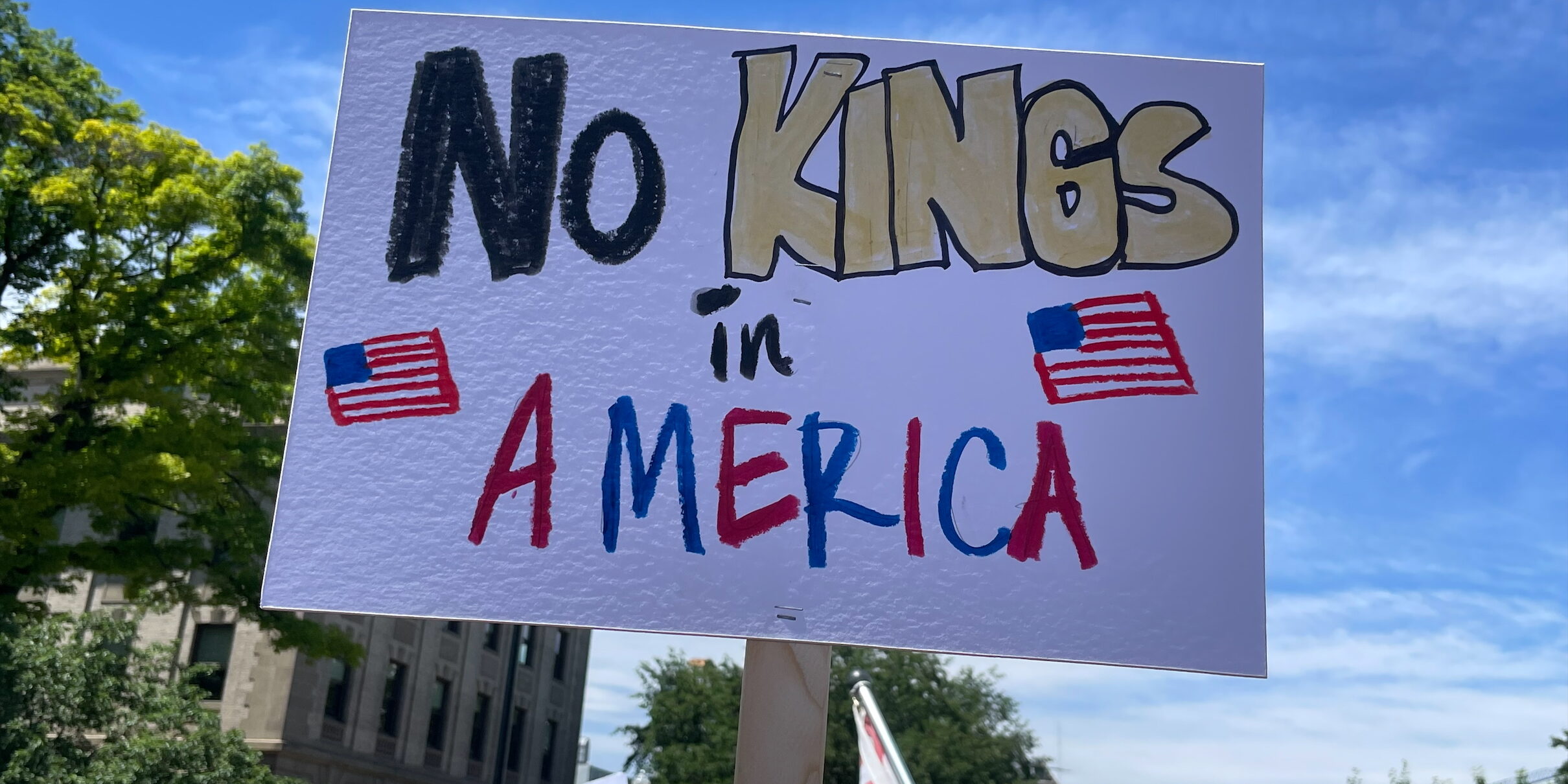Recently disclosed documents reveal that, under the directive of President Donald Trump, U.S. Attorney General Pam Bondi privately assured at least 10 major tech companies — including Apple, Google, Microsoft, Amazon, and others — that they would not face legal consequences for continuing to support TikTok, despite a federal law banning the app due to national security concerns.
This law, passed by Congress, explicitly prohibits U.S. companies from distributing or servicing TikTok over its ties to China. Nevertheless, the Trump administration delayed enforcement, citing ongoing negotiations to reduce Chinese ownership of the app.
Following a brief removal from app stores, TikTok returned within a month — shortly after Bondi issued secretive letters promising legal immunity. These assurances, revealed through a Freedom of Information Act lawsuit filed by engineer Tony Tan, show the Department of Justice telling tech companies they had “incurred no liability” and in some cases “irrevocably relinquishing” any potential U.S. claims.
The revelations raise broader constitutional issues. In a democratic system based on the rule of law, the president is not a monarch and cannot place themselves or others above the law. History reminds us that even kings — such as those in England who attempted to bypass Parliament or rule without legal accountability — were eventually forced to answer for their actions. The same legal principles apply in the United States: no individual, not even a sitting president, has the authority to unilaterally negate the law or grant immunity where it is not legally theirs to give.
Concerns remain over whether these promises can be enforced long-term, especially if a future administration chooses to reinstate the ban. Tan has since filed a lawsuit against Google’s parent company, Alphabet, accusing it of hiding the rationale behind continuing to offer TikTok. The disclosures highlight the controversial legal shielding extended to tech giants amid an increasingly politicized national security debate.

